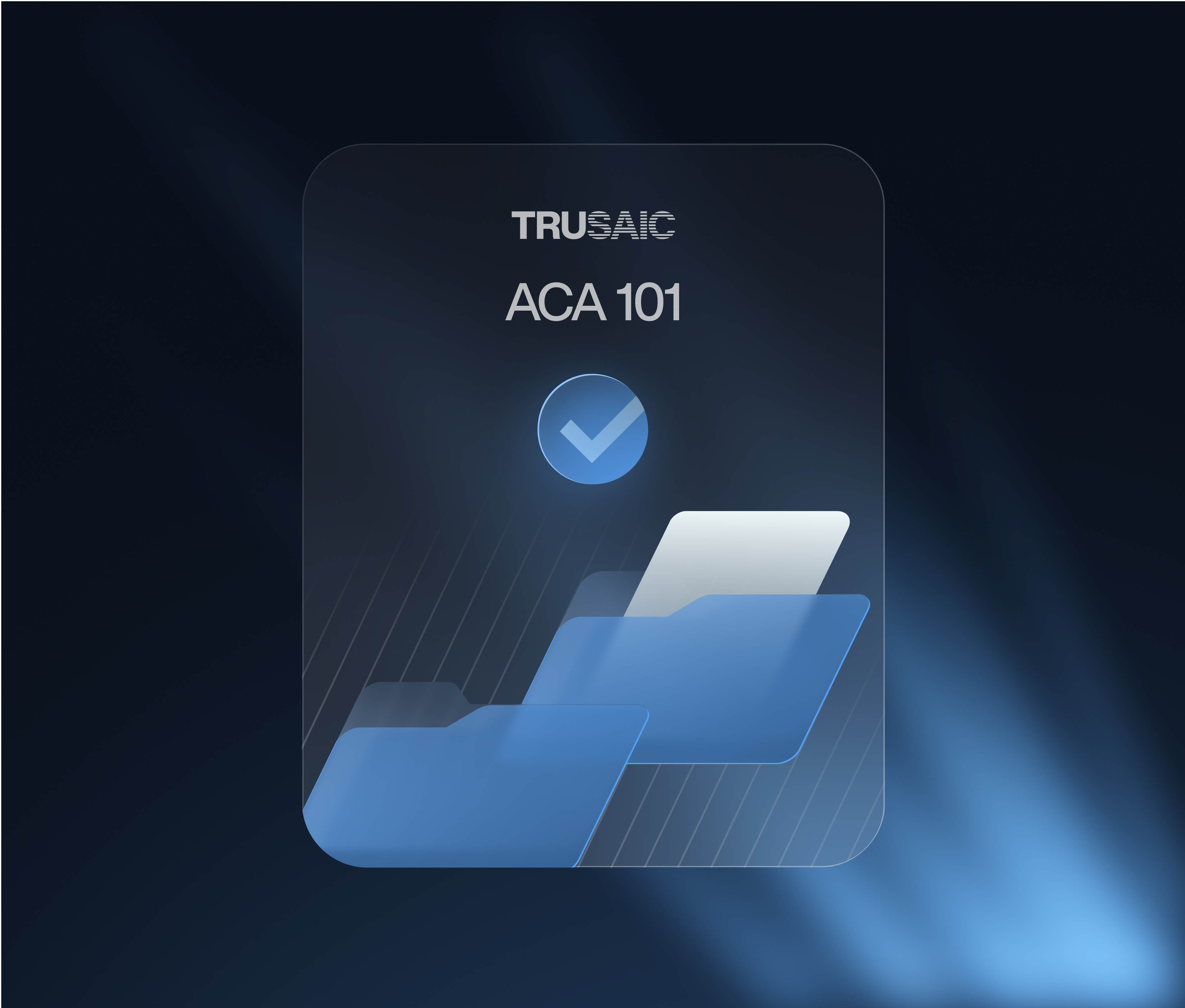Why should achieving pay equity be such a high priority for employers? It’s an important question that has a multitude of answers. As Josh Bersin says, “if you want to win the war for talent, fair pay may be one of your biggest techniques.”
In addition to helping organizations compete for top talent, paying employees fairly is simply good for business.
As quoted by the Society for Human Resources Management (SHRM), attorney Cheryl Pinarchick (with Fisher Phillips in Boston) stated, “By ensuring employees are paid equitably, employers can increase efficiency, creativity, and productivity by helping to attract the best employees, reduce turnover, and increase commitment to the organization.”
Many organizations are approaching pay equity from a legal standpoint as well. It is the law after all and these four federal statutes ban discrimination in pay:
- The Equal Pay Act of 1963 (EPA)
- Title VII of the 1964 Civil Rights Act
- The Age Discrimination in Employment Act (ADEA)
- The Americans with Disabilities Act (ADA)
And it’s not just federal law: Many states, cities, and other political subdivisions have enacted laws prohibiting discrimination in employment based on a wide variety of protected categories. This includes the expansion of greater protections than what is protected under federal law.
What’s more, a large number of states and local jurisdictions have put salary bans in place to prohibit employers from asking job candidates about their salary history to avoid perpetuating existing pay discrimination. There are currently a total of 21 state-wide bans in place and several local bans.
These pay equity laws aren’t unique to the U.S. either, they’re coming into play all across the world too.
Pay equity audits provide “essential insights”
The Harvard Business Review (HBR) points out that “Pay equity regulation and compliance efforts have been steadily growing across Europe and Canada … a sign of what may be ahead for U.S. businesses. This new reality highlights the important role pay equity audits… will play as a tool to address increasingly stringent pay equity regulation.”
HBR points out that a “growing tapestry of federal, state, and local regulations will pose challenges to organizations as they are required to address gender and ethnic/racial pay gaps in the U.S.” To achieve compliance with these regulations, U.S. employers should increase their use of pay equity audits … and do so right away.
However, SHRM states that employers should seek expert guidance with regard to pay equity laws. HBR agrees, saying some “employers who have started taking a closer look at their pay practices may want to assess whether those efforts are sufficient. Many companies believe they are conducting [pay equity audits], but most are falling short both in the rigor of their analyses and in their ability to clean and consolidate their data sufficiently to ensure accurate results.”
HBR concludes that a pay equity audit should produce “essential insights: not only what’s wrong, but actionable strategies for getting things right.”
Pay equity audits, defined
HBR states that a pay equity audit “involves comparing the pay of employees doing ‘like for like’ work in an organization (accounting for reasonable differentials, such as work experience, credentials, and job performance), and investigating the causes of any pay differences that cannot be justified.”
They add that “larger employers… hire consulting firms that specialize in pay and rewards,” noting that the data required for a pay equity audit includes “each employee’s length of service, job classification, and demographic information, including gender, race, and age.”
So there are clear benefits to choosing a consulting firm with data/technology/regulatory expertise: “Accessing this data may require a substantial clean-up effort, depending on the complexity and quality of HR record-keeping systems.”
Conducting a pay equity audit
The first step in creating a more fair and inclusive workplace, and subsequently ensuring pay equity compliance is to conduct a pay equity audit.
Before beginning the pay equity audit, you should compile and analyze workforce data from your various human capital management platforms. Since this data is often stored in disconnected systems, it can be difficult to get your data cleaned and prepped for the audit.
Best practices include partnering with a pay equity expert, like Trusaic, that specializes in data quality, legislation, and software. Our pay equity, diversity, and inclusion software PayParity, can provide a clear picture of apparent pay gaps across groups of employees, at every worker level within an organization. The SaaS solution analyzes compensation data at the intersection of gender and race/ethnicity so that you can truly understand equity.
What’s included in an effective pay equity audit?
A pay equity audit starts with workforce data, so one of the first steps in performing the analysis is to ensure data accuracy. Pay equity audits provide compensation recommendations and if the data is inaccurate, it can have devastating effects, including creating more pay inequities.
Ultimately, a pay equity audit should create real change within your organization. The goal is to improve the quality of the workplace, as well as protect, and boost, an organization’s bottom line.
If you choose to partner with an expert to assist with pay equity, ensure they offer a solution that validates data quality, as that data will need to be used to perform advanced analytics that provide customized guidance and remediation.
At Trusaic, our proprietary data cleansing software ensures 100% data accuracy so that our clients can be confident in their pay equity initiatives.








